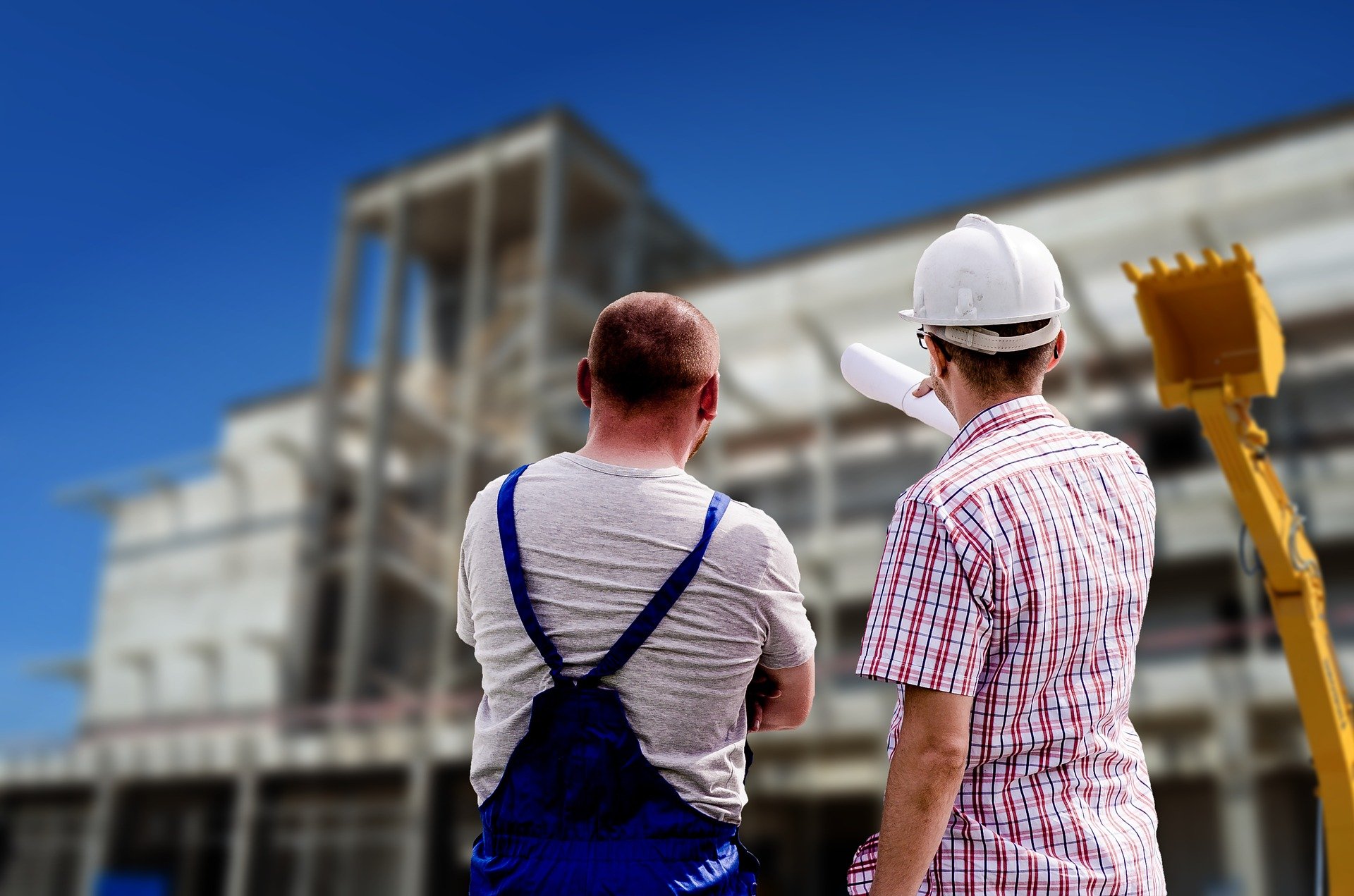
Introduction of the domestic reverse charge for construction services delayed for a second time
24 June 2020| CATEGORIES: building and construction services, domestic reverse charge, VAT| TAGS: domestic reverse charge, new VAT rules
Introduction
HMRC has announced that the introduction of the domestic reverse charge (DRC) for construction services has been delayed again. The measure will now be introduced with effect from 1 March 2021.
The DRC imposes a significant administrative burden on businesses affected by the change. It changes the way VAT is accounted for on the relevant services which has an impact on both billing and accounting processes. In addition, there are cashflow consequences for businesses that supply services subject to the DRC.
First delay
The change was originally due to come into effect on 1 October 2019. However lobbying by industry representatives and the Chartered Institute of Tax who had raised concerns that some businesses in the construction sector were not ready for the change resulted in HMRC delaying implementation of the new rules for the first time by a year to 1 October 2020.
Second delay
HMRC then announced in June 2020 that the introduction of the DRC for construction services would be delayed for a second time from 1 October 2020 until 1 March 2021 due to the impact of the coronavirus on the construction sector.
Amendment to original legislation
HMRC has also announced there will be an amendment to the original legislation, which was laid in April 2019, to make it a requirement that for businesses to be excluded from the reverse charge because they are end users or intermediary suppliers, they must inform their sub-contractors in writing that they are end users or intermediary suppliers.
This change is designed to make sure both parties are clear whether the supply is excluded from the reverse charge.
For further details of the announcement see HMRC’S website here.
